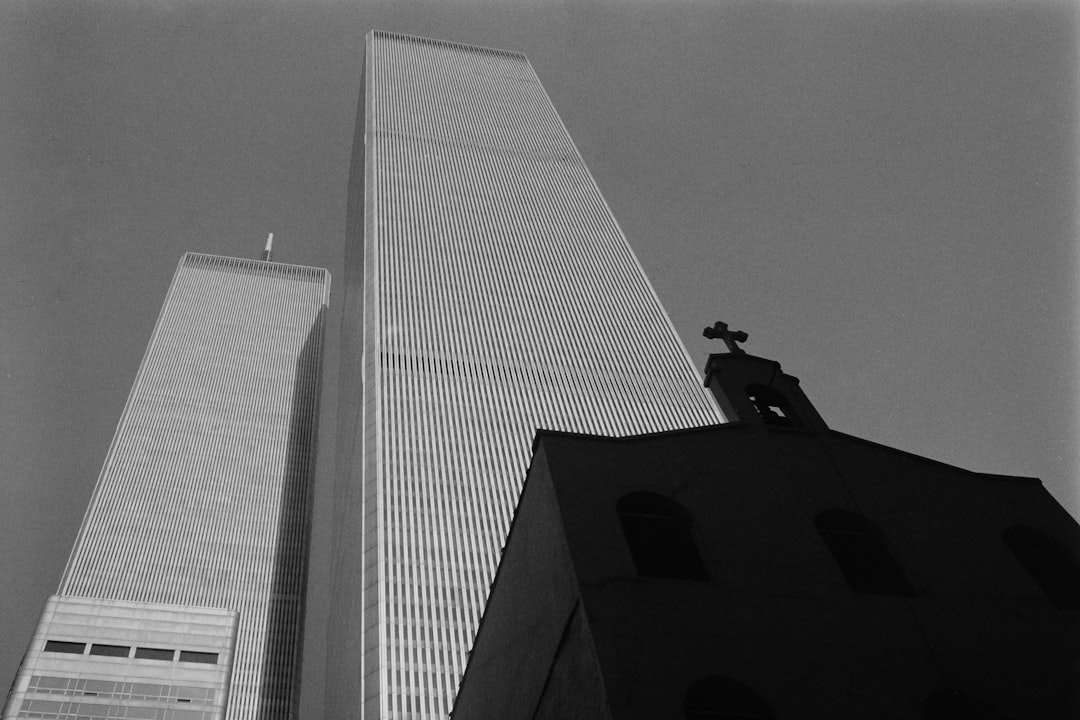The Tragedy of the Post-9/11 Consensus
Back then, there wasn't Twitter. In some ways, cancel culture was worse. Be careful what you wish for.
Sayyid Qutb was one of the most influential Islamic intellectuals of the 20th century. Like most radical thinkers, he presents as a sort of Rorschach test. After 9/11, there was a whole cottage industry around what might be called “Qutbsplaining,” perhaps most infamously by Paul Berman who tried to make Qutb something he could only be with the benefit (and distortion) of hindsight. The New York Times Magazine profile in question came with the lurid title “The Philosopher of Islamic Terror.”
Without the ghosts of September 11th looming large, Qutb no longer elicits passionate broadsides of this sort. I’m teaching a graduate seminar on Islam and Politics at Georgetown this semester (see part 1 of the syllabus here) and I’ve been struck by how open and curious they can be about Qutb. They’re not particularly interested in judging him or seeing him as some sort of villain. If anything, they seem oddly sympathetic, making an extra effort to understand the source of his grievances.




